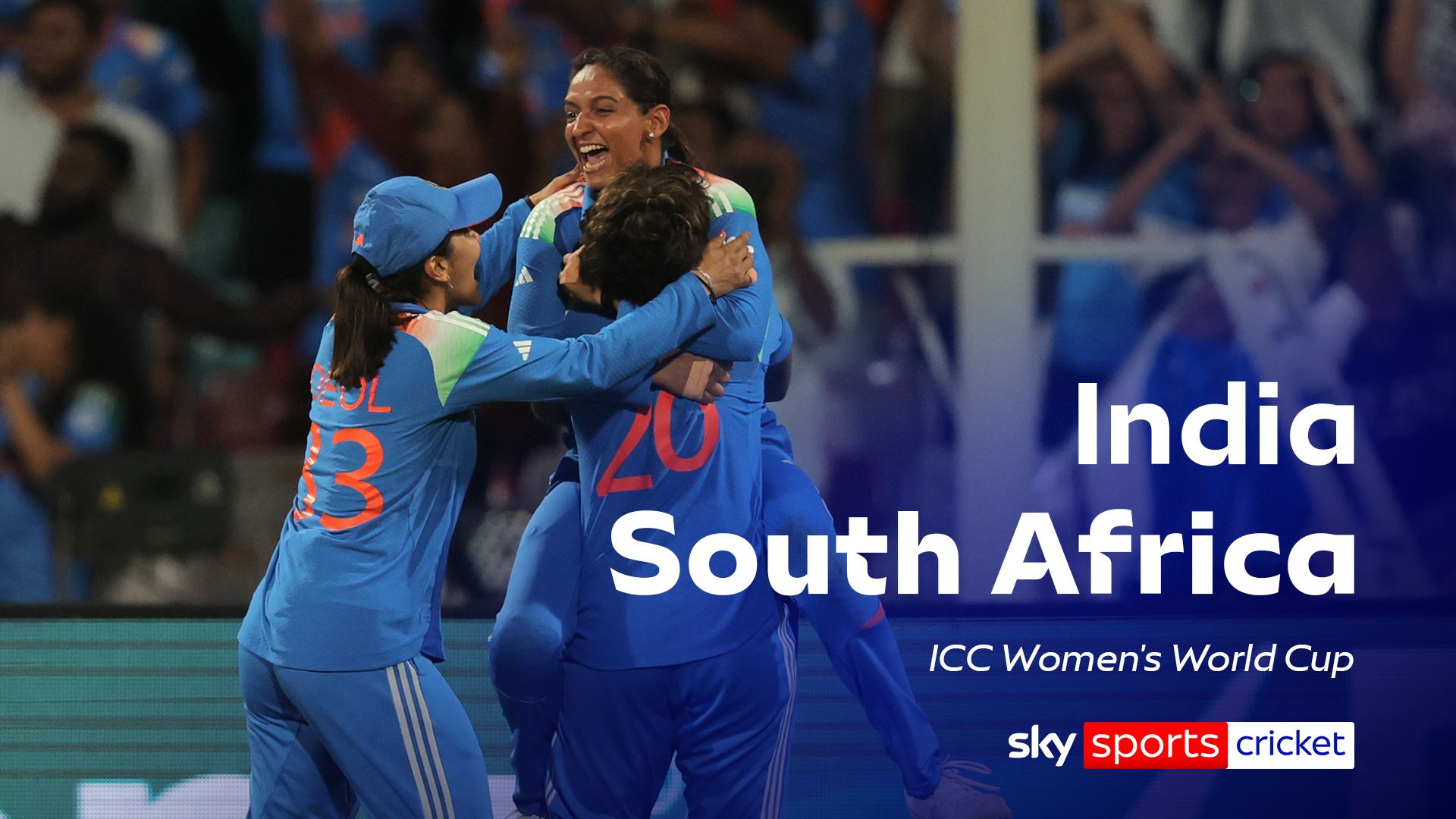India’s Women’s Cricket Triumph: A Divine Victory or a Nationalistic Mirage?
The Women’s Cricket World Cup final held in 2023 marked a historic moment as India faced off against South Africa, culminating in a match that would not only define the sporting landscape but also ignite fervent discussions on national pride, gender equality, and the implications of sports as a cultural battleground. The victory of the Indian team was not merely a triumph on the cricket field; it resonated deeply within the socio-political context of India and beyond, stirring emotions akin to those evoked by significant national events.
India’s cricketing history is rich and complex, with the women’s game often overshadowed by its male counterpart. However, this World Cup final served as a pivotal moment, highlighting the evolution of women’s cricket in India. Over the past few decades, the women’s team has gradually gained recognition, breaking barriers and challenging stereotypes. The rise of players like Mithali Raj and Jhulan Goswami laid the foundation for future generations, inspiring young girls across the nation to pursue cricket as a viable career.
The final match against South Africa was a microcosm of the larger struggles faced by women in sports. While cricket has long been a male-dominated arena, the increasing visibility and success of women’s teams have sparked discussions about gender equality and representation. The Indian women’s cricket team, buoyed by a passionate fan base and a supportive infrastructure, has become a symbol of empowerment. Their victory was celebrated not just as a sporting achievement but as a triumph for women everywhere, challenging the notion that sports are solely a male domain.
The match itself was a nail-biting encounter, showcasing the skill, determination, and resilience of both teams. India, under immense pressure, managed to hold off South Africa, demonstrating tactical prowess and mental fortitude. This victory was not just about winning a trophy; it was about asserting identity and challenging the status quo. The Indian team’s success resonated with a nation that has historically grappled with issues of gender inequality, offering a moment of pride that transcended the boundaries of sports.
However, this celebration was not without its controversies. Critics pointed out that while the victory was a significant milestone, it should not overshadow the systemic issues that continue to plague women’s sports in India. Pay disparities, lack of media coverage, and inadequate facilities remain persistent challenges. The narrative surrounding the victory must include a critical examination of the structures that sustain inequality, ensuring that the focus does not solely rest on the triumph but also on the ongoing fight for equity.
Moreover, the fervor surrounding the victory has sparked debates about nationalism and identity. In a country as diverse as India, the celebration of a cricketing success can often take on a political hue. The narrative of the Indian women’s cricket team as champions can be co-opted by nationalistic sentiments, framing their victory as a reflection of India’s prowess on the global stage. This intertwining of sports and politics raises questions about the implications of such narratives, particularly in a context where sports can serve as a unifying force or a divisive tool.
The impact of this victory extends beyond the cricket pitch, influencing societal perceptions of women in leadership roles and challenging traditional gender norms. As the Indian women’s team basked in their well-deserved glory, the spotlight shifted to the next generation of female athletes who aspire to follow in their footsteps. The significance of this moment cannot be overstated; it symbolizes a potential shift in attitudes towards women in sports, offering hope for a more equitable future.
The Women’s Cricket World Cup final was more than just a game; it was a reflection of the ongoing struggle for recognition, equality, and empowerment. The triumph of the Indian team resonated with fans, igniting a sense of pride and unity. Yet, as the celebrations echoed across the nation, the conversations surrounding gender equality, representation, and the role of sports in society continued to unfold, reminding us that the journey towards equity is far from over. The echoes of victory will undoubtedly inspire future generations, but they must also serve as a call to action to address the systemic issues that persist within the world of sports and beyond.




